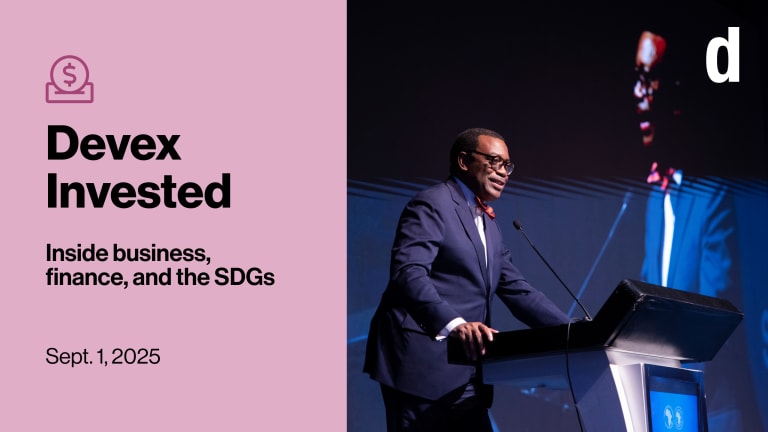
We’re having an audio moment. Nearly everyone I know has a podcast, or many, in their rotation as part of their regular media consumption. Each week, we put our earbuds in to have one-on-one time with our favorite hosts. We set aside uninterrupted time to get brief history lessons, nerd out on politics, or meet people from places we might never visit.
The intimacy of audio
So what is behind this renewed appeal for audio? For one, audio provides an incredibly intimate way to connect to audiences. Listening is often done in solitude: on a commute, on an exercise machine, or on a walk. You get to spend hours with hosts, getting to know their stories week after week. You get access to conversations you might not otherwise have.
There is also a certain vulnerability that comes with audio that’s not afforded in other content you view post-production. You get to hear interviewers and hosts work out responses, you can hear hesitation, frustration, or awe. You can hear emotions from stories that are hard to tell.
Take the U.N. Refugee Agency’s podcast, “Awake at Night.” The podcast launched last summer and shares not-often-heard stories of humanitarian work. Through gentle probing, host Melissa Fleming, UNHCR’s communications chief, interviews humanitarian workers about the intimate details of their often harrowing work. They talk about being kidnapped, losing limbs while at work, and how their families cope with their professions.
In an episode with Vincent Cochetel, a humanitarian who was kidnapped for 317 days in 1998, you can sense Fleming’s admiration and awe. Cochetel’s retelling, interwoven with archived soundbites from his release and narration from Fleming, delves into mental health and safety protocols for humanitarians. He also describes the incredible weight of humanitarian work:
“Each of those stories, somehow, you absorb them. Unless you have good counseling — and in those days, we did not have anything like that — you just absorb, absorb, absorb.”
Bringing stories outside of your four walls
The nuances of development work have long lived in the storied institutions, secret development Facebook groups, or the hallways of the United Nations. In many ways, the opaqueness of the industry makes it that much harder to tell outsiders about its intricacies and often our own brand communications does little to distill complex narratives about this industry, or the people in it.
Audio provides an opportunity to tell complex stories, in deeper ways. Rather than a one-size-fits-all video or digital campaign, organizations can develop content that tells stories over a longer period of time. Weekly podcasts allow for iterations, and for new information to be taken into consideration. This could be extremely useful for storytelling on protracted crises, global health emergencies, or aid projects that often take years to get results.
IRC’s “Displaced” podcast, hosted by Grant Gordon and Ravi Gurumurthy, also tackles humanitarian issues. In a topical series on the future of war, over several weeks, they have been exploring what happens when civilians are targeted, the future of autonomous weapons, and more.
The Rockefeller Foundation’s “Future Perfect” podcast tackles global challenges through an effective altruism lens, with episodes on everything from careers to how to be a better carnivore. By partnering with Vox, the foundation makes a smart brand-building move, expanding both its audience and name recognition on important issues without being the center of attention.
The case for audio storytelling
In an era where digital media is often steered by the whims of the latest platforms and trends, audio presents an opportunity for stability. While audio tropes have evolved, the medium is static in many ways and is only growing in global access and demographics.
For NGOs, foundations, or other global development players, audio is a medium that also has fewer limitations than other types of storytelling. Typically, stories from the field require budgets for travel and logistics, mapping out content-gathering tours that culminate in one single iteration. Podcasts have the flexibility to be more fluid, and real-time. A narrative can be scripted by a host and later edited to add in sound bites from experts sitting from anywhere around the world. It’s also easier than ever to record quality audio on a smartphone and send it over WhatsApp or other file transfer options.
So, development communicators, will you give audio a chance this year?








